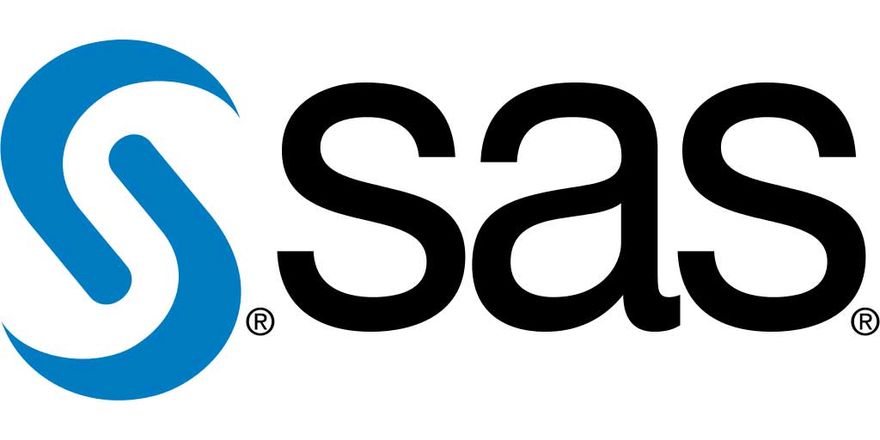Should I Bother Learning SAS Instead Of Python or R?

Everyone love shiny new objects.
And data professionals are just as apt to “play the Magpie” as any other group of techies.
We’ve looked at the downsides of execs and senior managers getting blinded by the flashy new lights. But it can be just as distracting to the data analyst themselves when it comes to choosing which programming language to learn.
You’d have to have been living under a rock for the past five years to have missed the explosion in popularity of both Python and R for data analysis. Jeff Hale’s recent analysis of data scientist job postings on KD Nuggets displayed perfectly just how important these two languages are for any aspiring data pro on the job hunt.
Python appeared in over 70% of the job adverts he analysed and R appeared in over 60%. To spread your net it looks like a no-brainer to go either one way or the other in these directions.
But what about SAS? Is it really the dinosaur everyone says it is?
Or is there still value in adding this veteran of the data analytics scene to your portfolio?
SAS appeared in only around 25% of Jeff’s analysed job vacancies so based on that it’s already a dead duck. I’ve got some personal experience to the contrary however. I’ve been using SAS in a professional analytics setting for almost ten years so it’s served me very well.
SAS was used extensively throughout the whole of the banking group I worked for. From SAS Enterprise Miner to mine customer service calls to SAS Visual Analytics to give internal business users Self-Service BI and analysis options.
Some hands-on personal anecdata.
I used Base SAS myself for exploratory data analysis and a range of other analysis jobs. It gets a lot of hate these days but I think that’s due more to it’s proprietary licensing and cost compared to R and Python.
It’s incredibly powerful if used correctly but easy to pick up for anyone with any previous coding experience. Even being able to use your SQL knowledge to run Proc SQL statements until you get up to speed with the SAS data step is really useful.
I don’t like to see people choosing tech or languages like they choose a sports team and only sticking with one option. Having some SAS knowledge along with Python or R, or at least being able to take what you know in one and transform that to another, is a real superpower.
So if it’s not dead, where could we end up using SAS in our data jobs?
It’s well accepted that SAS is big in organizations with plenty of money to spend on licenses. It’s traditional powerbase has always been in industries such as banking and financial services, telecommunications, healthcare and in academia.
If you are looking for a data scientist job in the startup world, it’s unlikely that you’ll be handed a Base SAS license as your primary tool to work from. If your local analytics job market is filled with big corporate players in the aforementioned industries however, you would be well placed to pick up some SAS skills and ride that horse as long as it lasts.
It’s easy to think that every organization operates on the bleeding edge of new technology but that just isn’t so when it comes to large corporates. They can be slow to shift and have long drawn out procurement cycles.
If you are coming in to twenty years worth of legacy SAS infrastructure, you can be damn sure you’ll still be using SAS in that workplace in ten years time at least.
So are you saying I should definitely learn SAS then?
As always, analyse the job adverts in your target market and industry. See what they are asking for. Even better, ask their current analysts what they are working on and with and see if SAS pops up in that list. I’m a firm believer in bringing a broad toolkit to work with you rather than going very deep and narrow on one particular skill or technology.
For me, SAS has been a cornerstone of much of what I’ve built and delivered over the past ten years. And that’s pretty good going for a language I’d never even heard of until I started in that company.